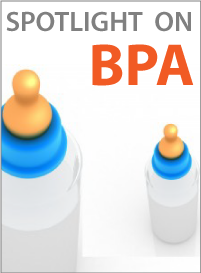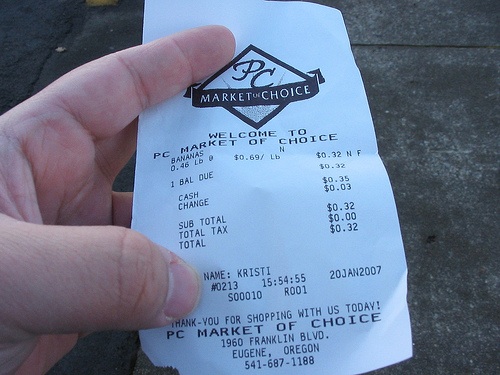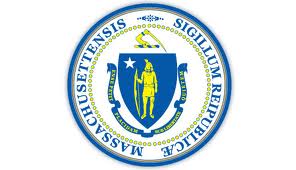Plastic bottles raise hormonal activity of bottled spring water
 Monday, April 25, 2011 at 11:25AM
Monday, April 25, 2011 at 11:25AM Plastic bottles can further contaminate natural spring water with estrogen active compounds, report researchers who tested and compared water from the same sources but was bottled in either glass or plastic.
The water in the plastic containers triggered up to 90 percent more activity in the human cell assays used than the water in the glass containers. Hormone activity was measured by the increase in growth rate of the exposed human breast cancer cells – which are sensitive to estrogen hormones.
The results suggest that some springs used by water bottlers initially contain estrogenic chemicals, but the process of bottling in plastic further increases the waters estrogenic potential.
Read the synopsis at Environmental News Network
Or the full article in The Journal of Steroid Biochemistry and Molecular Biology
 BPA,
BPA,  Estrogen,
Estrogen,  Hormone Disruptors,
Hormone Disruptors,  Plastic
Plastic  Food,
Food,  Food Packaging,
Food Packaging,  Science
Science 






